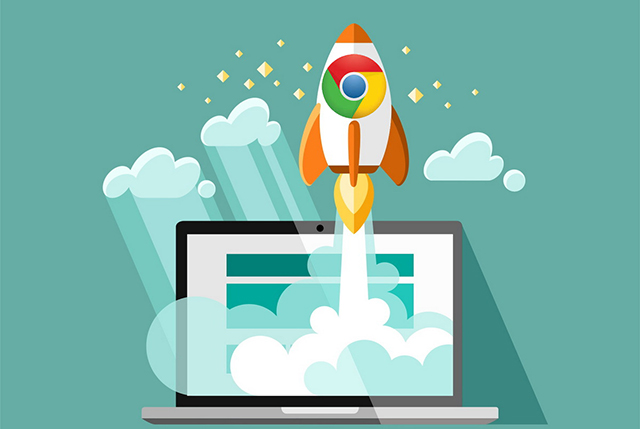Google Chrome now reloads web pages faster and more efficiently than ever before

Have you ever been extremely dissatisfied with the refresh/reload performance of your web browser? Yeah, me neither. Quite frankly, I never gave much thought to it. Google has noticed, however, and it has improved the reload performance with Chrome 56.
The search giant did not discover the deficiencies of the reload feature on its own, as Facebook apparently tipped Google off to it. You see, the social network noticed that the Chrome web browser was less efficient compared to other browsers, and now Google has rectified it.
"Users typically reload either because a page is broken or the content seems stale. The existing reload behavior usually solves broken pages, but stale content is inefficiently addressed by a regular reload, especially on mobile. This feature was originally designed in times when broken pages were quite common, so it was reasonable to address both use cases at once. However, this original concern has now become far less relevant as the quality of web pages has increased. To improve the stale content use case, Chrome now has a simplified reload behavior to only validate the main resource and continue with a regular page load. This new behavior maximizes the reuse of cached resources and results in lower latency, power consumption, and data usage," says Takashi Toyoshima, Google.
Toyoshima further says, "Despite being a relatively minor change, the new behavior makes reloads up to 28 percent faster and consume less bandwidth and power. Furthermore, Facebook contacted us with data showing that Chrome was sending validation requests at three times the rate of other browsers. Thanks to the new reload behavior and some related changes, Facebook now reports 28 percent faster page reloads and 60 percent less validation requests from Chrome."
https://youtu.be/FhgcPjM16TE
If you are running Google Chrome 56 or higher, you do not need to do anything to enable the improved reloading -- it is active by default. You can see an example of the improved reload in the video above. Heck, you may even experience improved battery life, as Google promises that less power is consumed as a result.
Photo Credit: Faber14/Shutterstock
